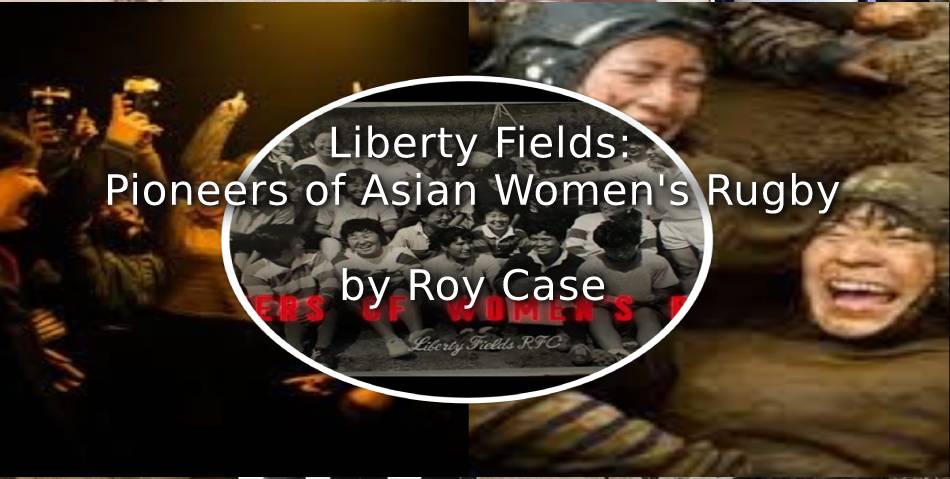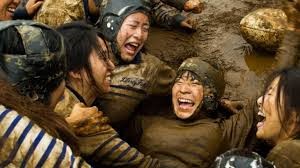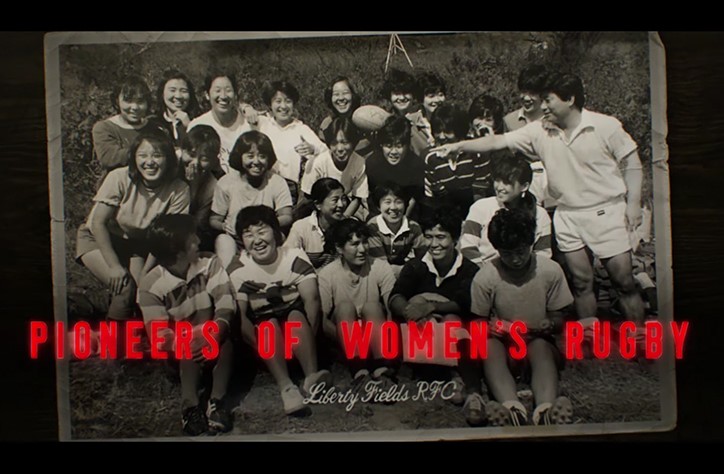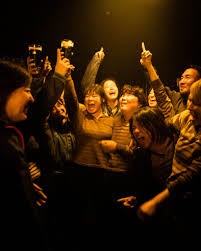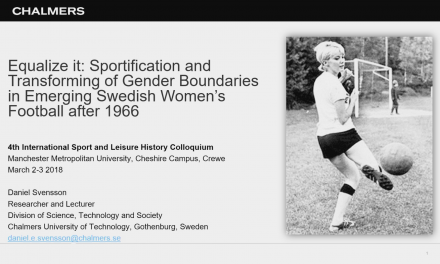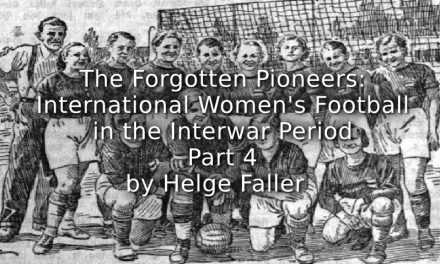In early November 2019, in the land renowned for its rising sun, it set softly over the Yokohama International Stadium, bringing to a close the spectacularly successful ninth quadrennial edition of the 2019 Rugby World Cup. Hosted by underdogs Japan, the first Championship to be held in Asia registered a total of 20 nations, all of which qualified to compete from an initial list of 93 entries. After initial plans to hold matches in Hong Kong and Singapore, which were ultimately scrapped, a grand total of 1.36 million animated spectators attended the 45 matches, played at 12 different venues across the country, averaging 34,865 spectators for each of the games.
Following a dramatic opening display by the Japan Air Self-Defence Force’s Blue Impulse aerobatic team at the Tokyo Stadium in Chōfu, the opening match was played on the 20 September between Japan and Russia, which was won by the host nation 30-10. For the first time in Rugby World Cup history, World Rugby and the Japan Rugby Organising Committee, announced the cancellation of three Pool matches for safety reasons, due to the adverse weather conditions predicted to impact as a result of Typhoon Hagibis. The final match was held at the International Stadium Yokohama on the 2 November in front of a crowd of 70,000 enthusiastic spectators, when the South Africa men’s rugby union side celebrated a historic 32-12 victory against an England side which kicked off as clear favourites, matching the defending champions New Zealand to become only the second country to win three titles. New Zealand finished in third place and collected the bronze medal following a convincing win 40-17 over Wales.
If the spirit of the underdog sharpens your imagination, in a notable year for men’s rugby union, you will surely enjoy the inspirational story of Liberty Fields RFC, an assembly of young women which, in pursuit of its passion for sport, defied social convention to become the first female rugby squad to represent Japan at the Women’s Rugby World Cup.
In the late 1980s, when women’s team sport was not taken seriously by the elite sporting associations of Japan, and women’s rugby was virtually unheard of, it was quite common for young Japanese women to abandon their jobs in favour of marriage. This posed a specific challenge for Noriko Kishida, who first started playing rugby at the age of 37, and aspired to demonstrate rugby was a sport suitable for women as well as men. Together with a group of friends, she formed the Liberty Fields RFC. With no coach and very little other forms of support, the enthusiastic members managed to combine training with their respective jobs and families. Conquering a barrage of mockery and resistance, through their unbreakable resolve, they forged new standards for women’s sport, combining to launch Liberty Fields as one of the nation’s strongest sides.
Prior to the kick-off of the 2019 Rugby World Cup in Japan, the world renowned beer manufacturer, Guinness, having previously announced a six-year partnership deal with the Women’s Six Nations Championships, produced an advertisement shown on ITV which further demonstrated its support, and in particular the inspirational journey of the Liberty Fields women.
With the 2019 Men’s Rugby World Cup in full swing, former international Danielle ‘Nolli’ Waterman, a member of the England team which defeated Canada to win the Women’s World Cup in France in 2014, commented on the impact of the Guinness documentary on the Liberty Fields club.
‘I was very fortunate to be involved with Liberty Fields before the main launch,’ she said, ‘and when I was shown not just the advert but the documentary, I was completely blown away, Mainly because that type of stuff doesn’t happen for women’s sport. The fact that a brand as big as Guinness decided to invest, not just in the financial side, but by putting together an advert and a documentary, and their resources into promoting the increased diversity of the game, and with it being females around such an iconic moment in men’s rugby, it is just amazing.’
Lynne Cantwell, the Chair of Sport Ireland’s Women in Sport Committee, and Ireland’s most capped female rugby player, declared,
‘Women’s sport has made significant strides in recent years. It has become much more visible yet plenty of barriers remain, not just in terms of getting women involved and staying involved, but also perception. The story of ‘Liberty Fields’ rings true to this day and shines a welcome spotlight not just on the obstacles to be overcome but the many benefits society stands to gain from overcoming them and creating a more inclusive and diverse culture in sport and beyond.’
Despite its humble beginnings Liberty Fields defied social conventions to form an indomitable women’s rugby team which progressed to become one of the nation’s strongest sides, with many of its players selected to represent Japan in the Women’s World Cup. And although the battle is not yet won, Noriko readily acknowledges their endeavours have had a significant impact on society, and in particular gender equality in sport.
‘There is no doubt we have already come a long way regarding women in sport, however, with time there also comes more challenges that we must strive to overcome.’
Article © Roy Case

